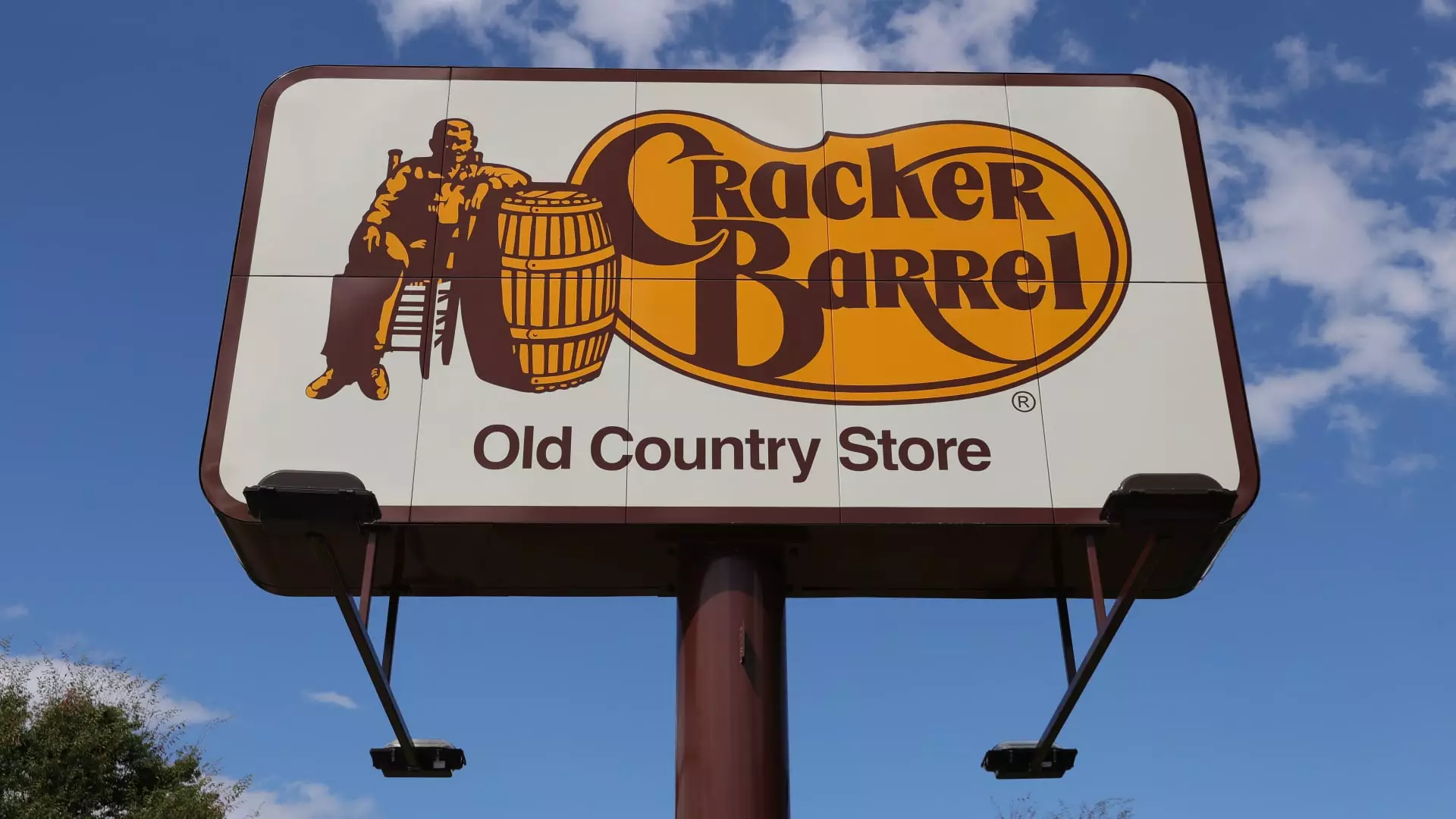The recent controversy surrounding Cracker Barrel exemplifies a dangerous tendency among companies to chase superficial modernization at the expense of their authentic identity. By attempting to overhaul its nostalgic Americana image—removing iconic symbols like Uncle Herschel and redesigning its logo—the brand seemed to prioritize a sleek, modern aesthetic over what truly matters: its deep-rooted cultural connection with customers. This temptation to appear “refreshed” often results in alienating loyal patrons who cherish tradition. Real progress isn’t about stripping away the core values that made a brand beloved; it’s about embracing those values while thoughtfully evolving. Cracker Barrel’s hasty retreat from modernization underscores that fans demand authenticity, not empty reinventions.
The Power of Authentic Heritage in Customer Loyalty
Cracker Barrel’s signature vintage charm—the rocking chairs, fireplaces, and antiques—is more than just decor; it’s a reflection of its identity as a sanctuary of comfort and tradition. When the company chose to tinker with its core image, it overlooked the fundamental lesson of brand loyalty: authenticity breeds trust. Consumers seek genuine experiences and emotional connections, especially in a climate increasingly dominated by mass marketing and superficial trends. By listening to the backlash and suspending its remodels, Cracker Barrel demonstrated a rare form of humility, acknowledging that its community values the Old Country Store’s timeless appeal. Successful brands recognize that genuine heritage cannot be manufactured; it must be preserved and celebrated.
The Risk of Alienating Core Customers in Pursuit of Modernity
In a broader perspective, Cracker Barrel’s experience exposes a critical flaw in corporate strategy: the assumption that modernization automatically equates to competitiveness. In reality, many older brands stumble by prioritizing image over substance, risking alienation of their base. The swift public backlash and the company’s subsequent reversal highlight the importance of engaging with loyal customers before launching radical changes. Ironically, the attempt to modernize sparked nostalgia—an unintended consequence that proved more powerful than any sleek redesign. This case warns other businesses that currency in the marketplace isn’t solely created by staying current; it’s built on respecting and preserving core identities that forge emotional bonds with audiences.
Lessons for Ethical and Center-Liberal Business Leaders
From a center-liberal perspective, this episode underscores a crucial responsibility for corporate leaders: authenticity shouldn’t be sacrificed at the altar of innovation. Companies should use their influence to foster genuine community trust instead of superficial shifts to impress shareholders or media narratives. Cracker Barrel’s reversal reveals that respecting tradition and listening to customer feedback can serve as a moral compass in business—affirming that a connection to cultural roots isn’t a liability but a strength. It’s a reminder that responsible capitalism involves balancing modern growth with a commitment to the values that make a brand meaningful, rather than abandoning them for fleeting trends. In doing so, firms can build a resilient, loyal customer base rooted in trust, tradition, and integrity.

